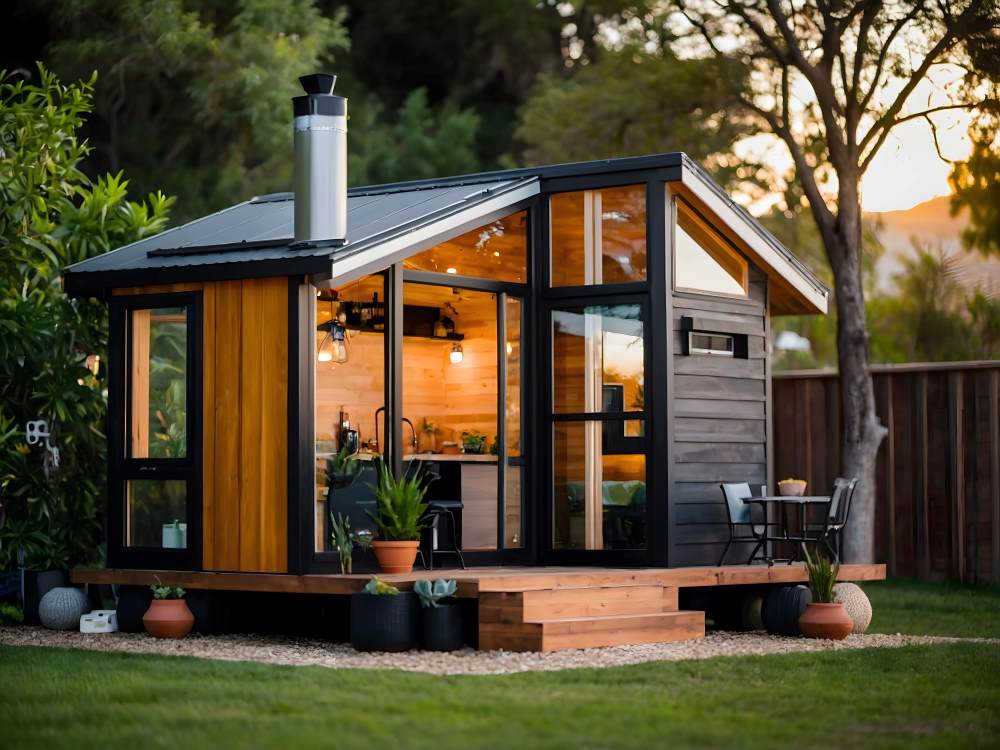Accessory Dwelling Units (ADUs), those charming secondary units on a property, are a hot trend for homeowners. They offer a multitude of benefits: increased living space, potential rental income, a home office, or even a haven for aging relatives. But building an ADU comes with a price tag. However there are many that face financing challenges in building an ADU. Home equity investments can be an alternative for some homeowners as an accessible financing option.
What are Home Equity Investments?
Think of your home equity as the difference between your home’s market value and your remaining mortgage balance. Home equity investments allow you to tap into this value without taking on traditional debt. Investors provide a lump sum of cash in exchange for a share in the future appreciation of your property. This translates to a win-win: you get the capital to build your ADU, and the investor benefits if your home value increases.
Benefits of Home Equity Investments for ADU Construction
- Accessibility: Unlike traditional loans, home equity investments often have less stringent credit score requirements. This opens doors for homeowners who might not qualify for conventional financing.
- Flexibility: Investors typically offer a lump sum payment, giving you greater control over your ADU project budget. You’re not obligated to use all the funds at once, allowing for phased construction.
- No Monthly Payments: HEI companies typically recover their money at the end of 10 years as a percentage of the appreciation or equity that they own in the home.
Understanding the Investment Landscape
There are two main types of home equity investments for ADU projects:
- Shared Appreciation : You receive a lump sum payment upfront in exchange for a share (typically 15-20%) of the future appreciation of your home’s value when you sell or refinance.
- Home Equity Ownership : The investor will own a certain percent of the equity in your home determined by the home value and the investment amount.
Key Considerations Before You Invest
- Exit Strategy: Home Equity agreements typically have a set term of 10 years or so although some companies may offer up to 30 years. Homeowners may have to sell the house to repay the Home Equity Investment when the time comes.
- Investment Terms: Negotiate the terms carefully. Understand the investor’s share of appreciation, potential fees, and any prepayment penalties.
- Impact on Future Borrowing: Since your home equity is tied to the investment, it will affect your ability to secure future traditional loans.
Making Home Equity Investments Work for Your ADU
- Do Your Research: Compare offers from multiple investors to find the best terms and a reputable partner.
- Seek Professional Guidance: Consult with a financial advisor and a lawyer to ensure you understand the legal and financial implications of the investment.
- Plan for the Future: Factor in the potential future appreciation you’re sharing with the investor when calculating the overall cost of your ADU project.
Building Your ADU Dream with Home Equity Investments
Home equity investments offer an interesting alternative financing option for building your ADU. Since the money is being used to build an ADU which adds to the value of the property then sharing in some of the future appreciation may make more sense. HEIs are a better fit for homeowners that have a lot of equity in their homes but may not qualify for a loan to build the ADU.


